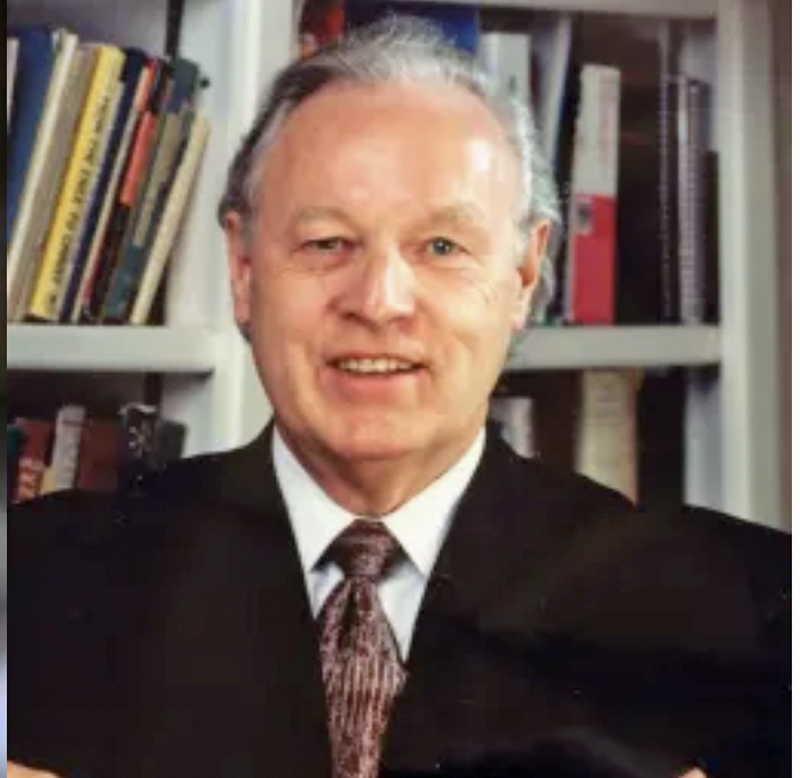ALBUQUERQUE, NEW MEXICO (ANS)—There’s no question about it: Christian leadership is under great scrutiny. Just read a few of the recent headlines:

Pastor and founder of Chicago megachurch fired after more than 30 years of leadership
Nuns ‘sex slaves’ scandal fresh blow to Catholic church
After Explosive Sex Abuse Allegations, Southern Baptist Leaders Promise Reform
Southern Baptists Want to Expel Churches Over Abuse
Children’s pastor, decorated detective, commits suicide after child porn found on church computer
The list could go on, but it’d only lead to deep sadness—particularly for people who love the universal church, as I do.
With so much attention given to the failings of Christian leadership, a couple questions should be asked: What is causing the crises and how do we heal, leading to a cure?

The Cause
The easy answer to the cause is simple: sin, missing the mark of God’s holiness. However, the causes can be paired down.
As Jesus infers in his Parable of the Sower (Mark 4: 15-20), there are at least three root causes for a pastor—or any Christian—to fall: the “cares of this world,” the “deceitfulness of riches,” and “the desires for other things.” Put simply, the world, wealth and wanton desires.
The word Jesus used for cares in the text is merimna. It carries the overtones of a solicitous distraction, something that is bothersome.
The word Jesus used for desires is epithumia, meaning “a longing desire” or “lust.”
In short, the general cause for a Christian to fall is being distracted by the kingdom of man (flesh and carnal desires) over the kingdom of God.
The Apostle John summarizes Jesus’ teaching in I John 2: 15-17, linking the world to the lusts of the flesh (eyes, pride, etc.). The NIV renders verse 16 as thus: “For everything in the world–the lust of the flesh, the lust of the eyes, and the pride of life–comes not from the Father but from the world.”
Paul has a similar teaching in Ephesians 2: 1-3. Paul writes, “As for you, you were dead in your transgressions and sins, in which you used to live when you followed the ways of this world and of the ruler of the kingdom of the air, the spirit who is now at work in those who are disobedient. All of us also lived among them at one time, gratifying the cravings of our flesh and following its desires and thoughts.”
Paul extends the theme beyond the flesh and world to include the devil, the “ruler of the kingdom of the air.”
The Flesh, the World and the Devil
Picking up on these themes, various writers throughout the centuries—such as Thomas Aquinas in his Summa Theologica—summarized the cause of sin, and thereby failure, to three things—the flesh, the world, and the devil.
By the time the Common Book of Prayer was written in 1549, the three elements—the flesh, the world, and the devil— were attributed to the cause of sin.
In modern circles among clergy, I’ve heard variations on these three themes. One variation says the three things that cause a pastor to fall are the “Three G’s”: girls, gold, or glory. Another version summarizes it with “Three W’s”: women, wine, and wealth. Of course, this trifecta doesn’t work when there is a woman pastor, but the sentiment is the same: the distractions are sex, power, and money.
Yet there is another “G”: gloom. Gloom is depression, burnout, and constant bickering by the congregation. This causes many pastors to leave ministry, sometimes leading him or her to sin—drinking, infidelity, and the like.
When you look at the recent causes of pastoral problems, most fall within the four categories.
The Cure
There isn’t a one-size fits all. Each pastoral situation needs specific attention, led by professionals and godly leaders. But the cure falls within three categories: forgiveness, fastidiousness (care and concern), and fruit.

Forgiveness
When a pastor falls, like any Christian, forgiveness is needed. If the pastor is truly repentant and submits himself or herself to church authority, forgiveness is the rightful response. If they don’t repent, another set of rules apply, worthy of another discussion. In all cases, the apt reaction is forgiveness. Jesus said we are to forgive people, so our Father in heaven may forgive us (Mark 11:25). And in Matthew 18:22, Jesus said we are to forgive regularly, “seventy-seven times.” This is not a specific number, but a hyperbole to say we must forgive always.
Fastidious
The second cure for a fallen pastor is to fastidiously care for them, ensuring there is structure in the reprimand, a restoration process, and recovery as the response and aim. In short, help heal the pastor, not hurt them. Like any Christian, we don’t want to pour gas on the fire, but provide glue to his or her faith, helping them find Jesus in the midst of the trial. Focus on the Family provides a fine resource on pastoral restoration.
Fruit
The final cure for a fallen pastor is to encourage fruit in his or her life. Like any pruned tree, growth is needed, and growth should produce fruit. The best places for the fruit to ripen is through holy living (see Matthew 5-7: prayer, fasting, good works, etc.) and the development of the fruit of the spirit (love, joy, peace, patience, etc.—found in Galatians 5:22). As I wrote in another ANS article on the subject, holiness appears to be the missing jewel in the Christian culture today. Encourage the pastor to cultivate—to harvest, holiness. Inspire the pastor to seek God’s kingdom, subjecting themselves to virtue, setting their mind on the things that please the Lord such as things that are true, noble, right, pure, lovely, and admirable (Phil. 4:8).
 Pray
Pray
The cause and cure aside, the greatest thing fellow Christians can do for fallen pastors and the church universal is to pray and be present for and with them. Lift up your local church leaders on a daily basis, asking God to guard their heart, mind, and soul. And be present: provide accountability and love.
In a day and age in which we live, we need more pastors to represent Christ and not the culture, be it the world or flesh. Prayer has power and purpose; use it to it persistently to protect God’s people, pastors included.
May the Lord help us through this trying time.






